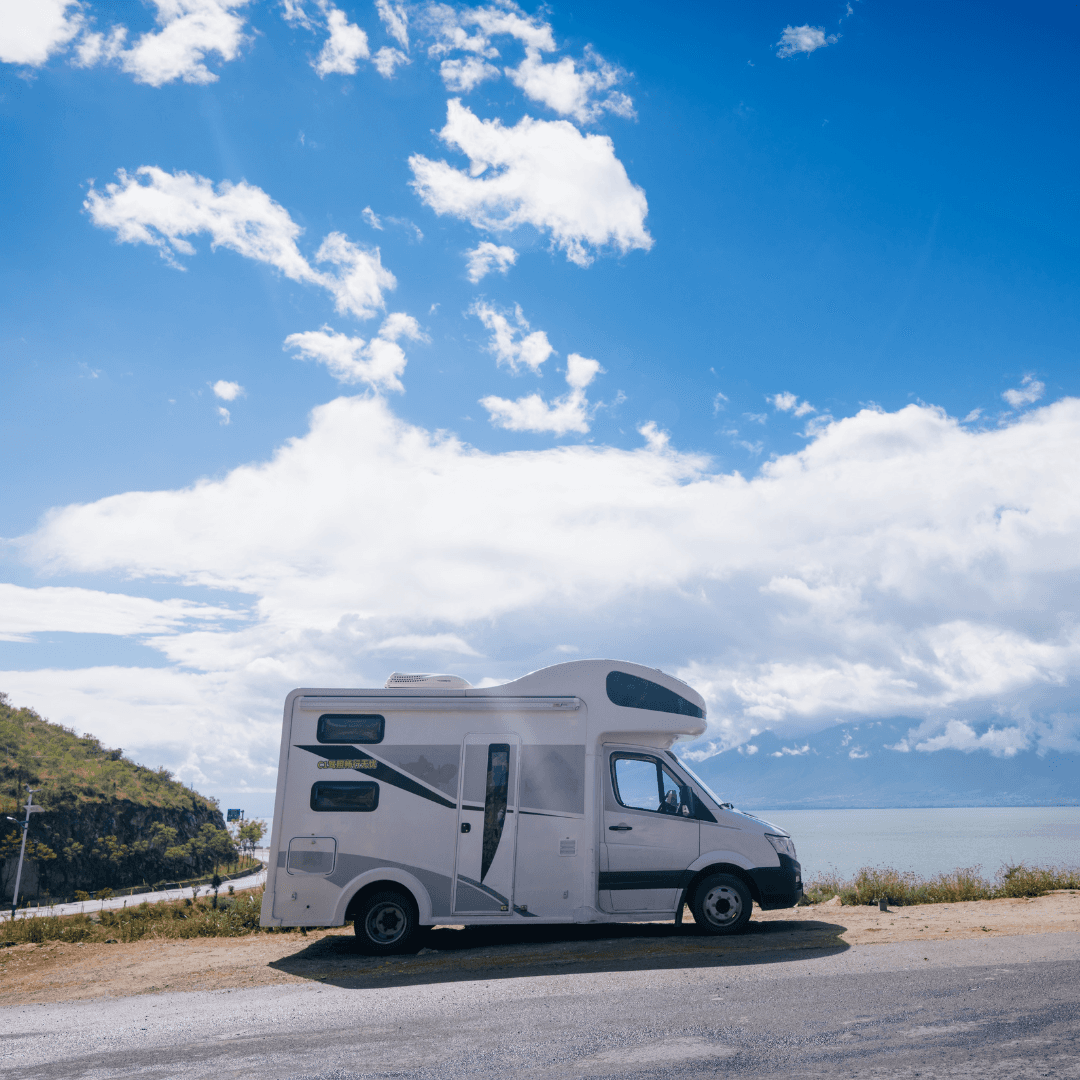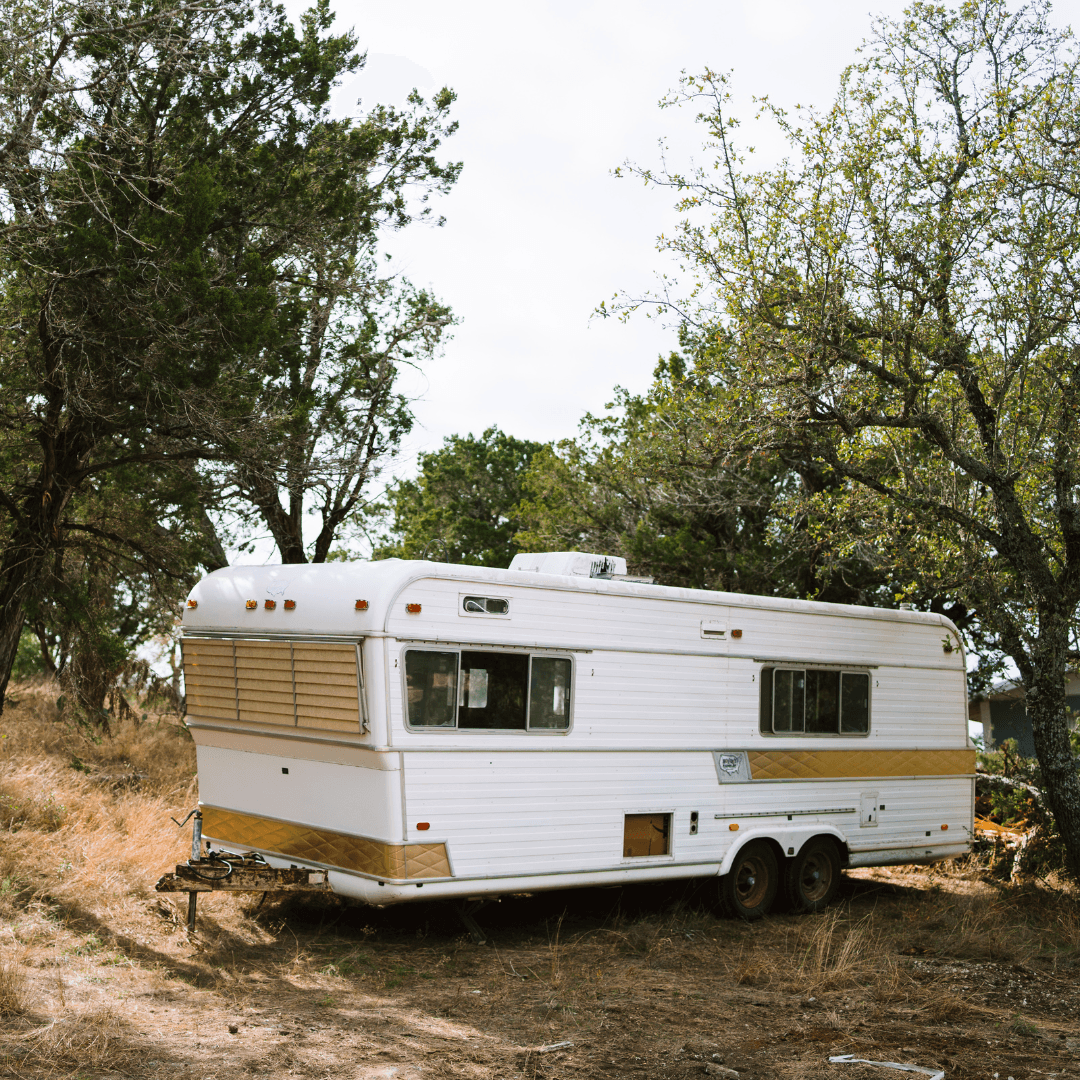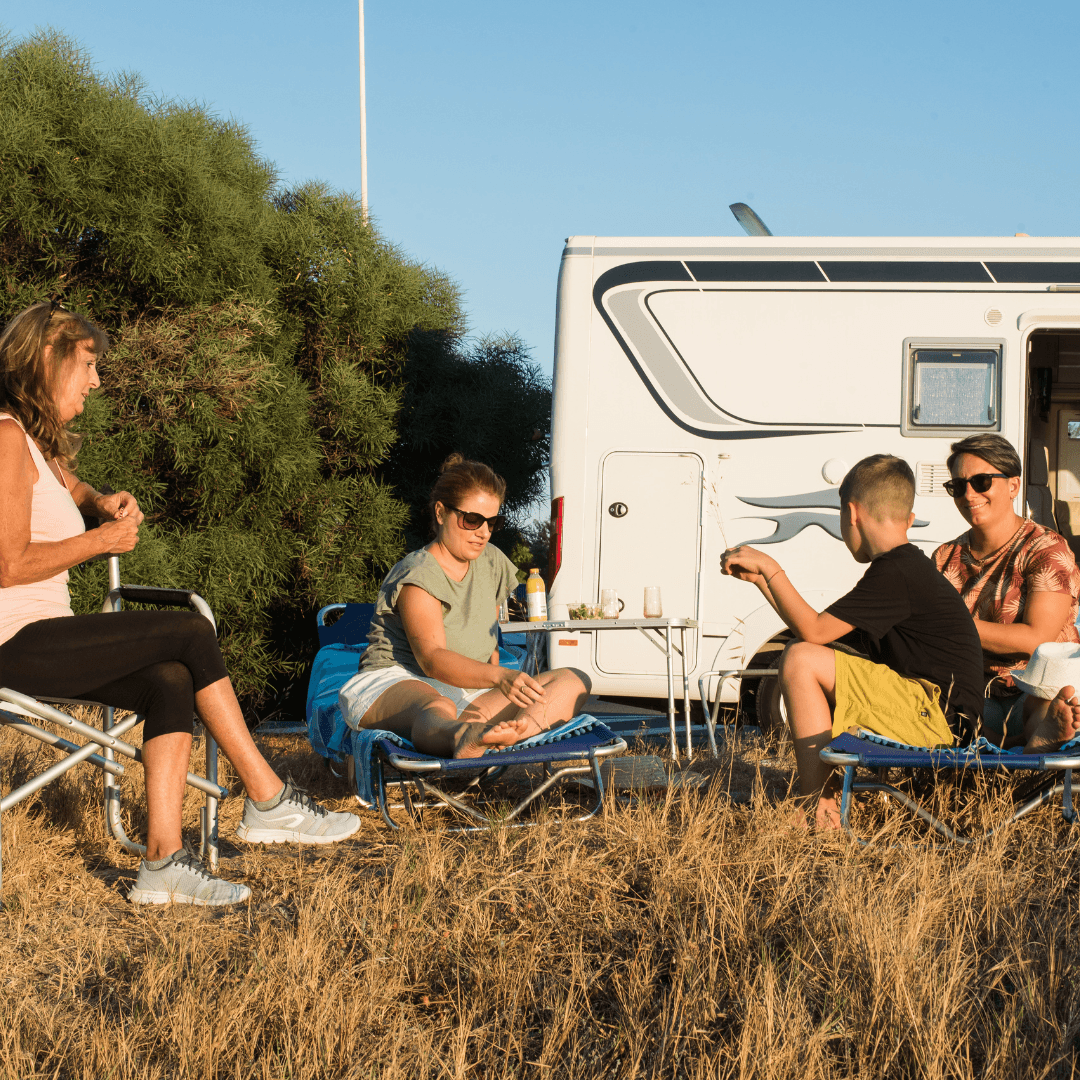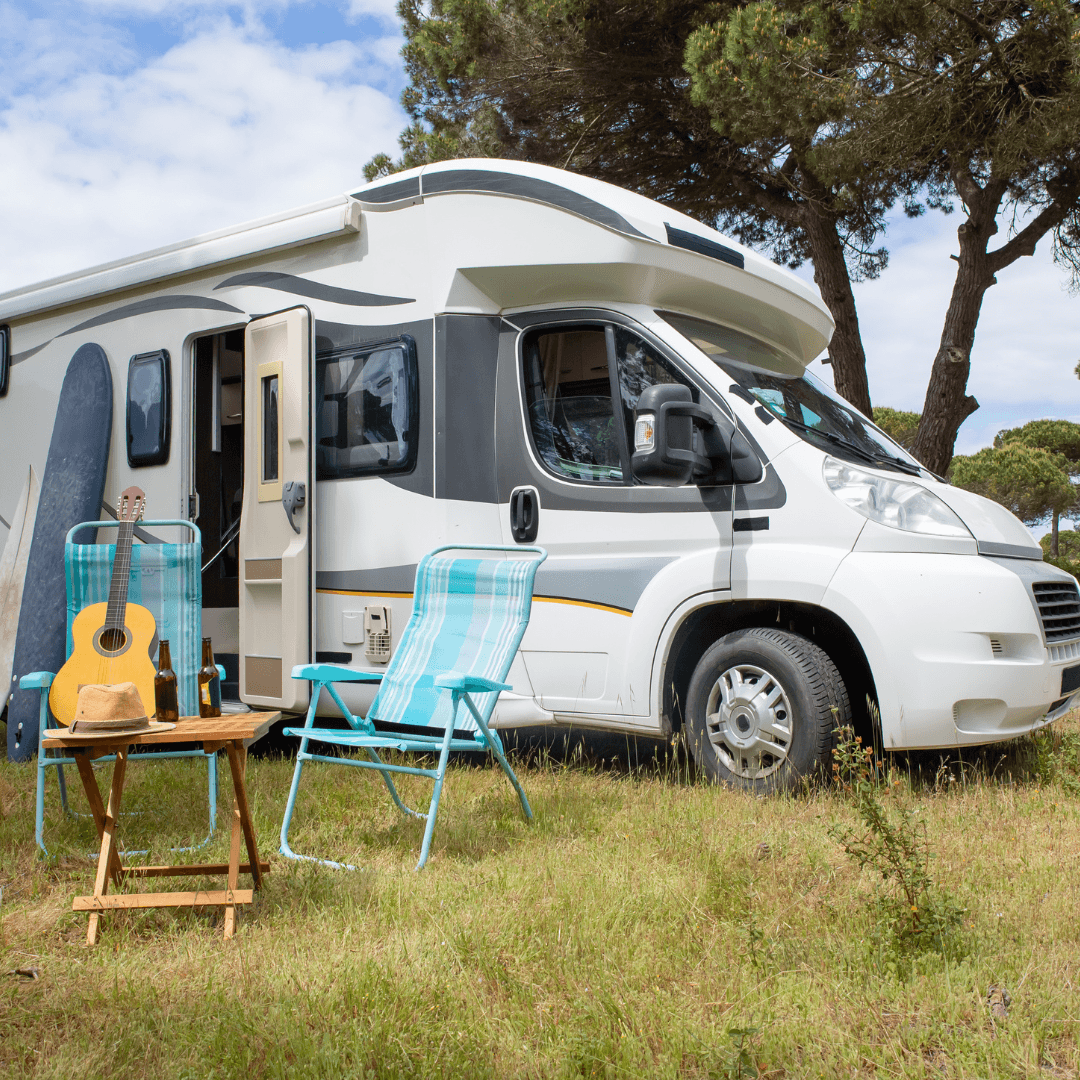29 octobre 2024
Understanding RV Terminology and Jargon
Welcome to Camp Repair’s RV Nomenclature series, where we break down everything you need to know to become a savvy RV owner. Whether you're a seasoned road warrior or just starting your journey, understanding the ins and outs of RV classifications will help you make the best choices for your travels. Let’s dive into the essential details that ensure your RV adventures are safe, legal, and worry-free.
Introduction to RV Terminology
Welcome to the latest installment of Camp Repair’s RV Nomenclature series! As you embark on your RV adventures, you’ll come across a variety of terms and jargon that might seem confusing at first. Understanding these terms can enhance your RV experience, whether you’re a newbie or a seasoned traveler. In this post, we’ll explore common RV terminology, explain key RV certifications, and highlight valuable RV schooling resources.
Common RV Terms and Jargon
Boondocking: Also known as dry camping, this refers to camping without any hookups or connections to utilities like water, electricity, or sewage. It often involves staying in remote locations and relying on your RV's self-contained systems.
Dry Camping: Similar to boondocking, dry camping is camping without any external hookups. This term emphasizes the lack of access to water, sewer, or electrical connections, and requires RVers to be self-sufficient.
Slide-Out: A slide-out is a feature of many RVs where a section of the RV extends outward to provide extra living space. This mechanism can be operated with a motor or manually, and it significantly increases the interior space when the RV is parked.
Gray Water: This term refers to wastewater from sinks, showers, and other non-toilet fixtures. Gray water is usually collected in a separate tank from black water (toilet waste) and can sometimes be treated and reused, depending on the RV setup.
Black Water: Black water is the wastewater that comes from the RV’s toilet. It is stored in a separate holding tank and needs to be properly managed and disposed of at designated dump stations.
Dump Station: A designated area where RVers can empty their gray and black water tanks. These stations are commonly found at campgrounds, rest areas, and some public facilities.
Fresh Water Tank: The tank that holds potable (drinkable) water for the RV. It supplies water to the sinks, shower, and toilet.
Awning: A retractable canopy attached to the side of the RV that provides shade and protection from the elements. Awning sizes and styles vary, and some are automatic while others are manually operated.
Hookups: Connections provided at campgrounds or RV parks that supply electricity, water, and sewer services to an RV. Full hookups include all three services, while partial hookups may only include one or two.
Buc-ee's: A popular chain of travel centers known for their large size and extensive amenities, often a destination for RV travelers.
Travel Day: A day dedicated to driving from one location to another, typically involving significant travel in an RV.
Rent-a-Wreck: A term used for RVs rented through large companies like Cruise America, often referring to RVs that companies rent out as fast as they can without doing proper maintenance to them.
Motorhome: A type of RV that includes living quarters integrated into the vehicle itself, designed for both transportation and accommodation.
Coach: A term often used interchangeably with motorhome, particularly to refer to larger, luxury RVs.
Lot Docking: Parking an RV in a parking lot, often for a short period, with limited amenities.
Moochdocking: Staying overnight in an RV at a friend’s or family member’s property without necessarily providing amenities or hookups.
Navy Shower: A method of conserving water during a shower by turning off the water while lathering up and then turning it back on to rinse.
BLM (Bureau of Land Management): U.S. federal agency that manages public lands, including areas where RVs can camp on public lands.
Rig: A general term for an RV or any vehicle used for RVing, including both motorhomes and towable RVs.
Self-Contained: An RV equipped with its own amenities like water, power, and waste disposal systems, allowing for independent living without external hookups.
Stinky Slinky: A slang term for the sewer hose used to connect an RV’s waste disposal system to a sewer or dump station.
Tow Vehicle: The vehicle used to tow a travel trailer or fifth wheel RV; often a truck or SUV.
Diesel Pusher: A type of motorhome with a rear-mounted diesel engine, known for its power and smooth ride.
Full Timers: RVers who live in their RV full-time, making it their primary residence.
Snow Birds: RVers who travel seasonally, typically escaping colder climates in winter for warmer regions.
School: Often refers to RV or van conversion schools that teach skills related to customizing and maintaining RVs.
Tin Can: A playful term for RVs, emphasizing their compact and metallic nature.
Workamping: A combination of work and camping, where RVers work part-time or seasonal jobs in exchange for a place to stay.
Understanding RV Certifications
RVIA Seal: The Recreational Vehicle Industry Association (RVIA) issues this certification seal to indicate that an RV meets industry standards for quality and safety. The RVIA seal ensures that the RV has undergone rigorous testing and inspection, covering aspects such as construction, electrical systems, and overall design.
NFPA 1192: This is a standard developed by the National Fire Protection Association that outlines safety requirements for RVs, including fire safety and electrical standards. RV manufacturers and components should comply with NFPA 1192 to ensure safe operation.
RVDA (RV Dealers Association): The RVDA is a trade association that represents RV dealers in the U.S. and Canada. It offers resources and certification for RV dealerships to ensure high standards of service and operation.
FMCA (Family Motor Coach Association): The FMCA is a membership organization for motorhome owners, providing resources, benefits, and certification for motorhome-related services and products.
FRVTA (Florida RV Trade Association): The FRVTA promotes the RV industry in Florida through advocacy, education, and certification of RV dealers and service providers in the state.
Green RVs TRA: The Green RVs Trade Association focuses on promoting environmentally friendly practices in the RV industry, including the certification of eco-friendly RVs and technologies.
NRVIA (National RV Inspectors Association): The NRVIA certifies RV inspectors and promotes standards for RV inspections, ensuring that RVs meet safety and quality criteria.
RV Schooling and Training Resources
Recreational Vehicle Service Academy (RVSA): Was once located in Florida, the RVSA offered comprehensive training programs for RV technicians, covering various aspects of RV repair and maintenance. They recently closed their doors in June 2024, leaving their alumni very upset with the sale of the school to a competitor school.
RV Technical Institute (RVTI): RVTI offers training and certification for RV technicians, focusing on technical skills and knowledge required for RV maintenance and repair.
RV Technician Association of America (RVTAA): The RVTAA offers certification and professional development for RV technicians, promoting high standards of service and expertise in the industry.
Pennsylvania RV and Camping Association (PRVCA): PRVCA supports the RV and camping industry in Pennsylvania with educational programs, certification, and industry advocacy.
National RV Training Academy (NRVTA): NRVTA provides training and certification programs for RV technicians, focusing on both basic and advanced RV repair skills.
Understanding RV terminology and certifications is crucial for anyone involved in the RV lifestyle, whether you’re an owner, a technician, or simply an enthusiast. By familiarizing yourself with these terms and recognizing the importance of certifications, you’ll be better prepared to navigate the world of RVs with confidence. Stay tuned for more insightful posts from Camp Repair, where we’re committed to making your RV experience the best it can be. Safe travels, and happy camping!
At Camp Repair, we're dedicated to making your RV lifestyle as smooth and enjoyable as possible. From understanding legal requirements to choosing the right RV for your needs, we’re here to help every step of the way. Stay tuned for more insights and tips, and remember—wherever the road takes you, Camp Repair has you covered. Safe travels, and happy camping!



